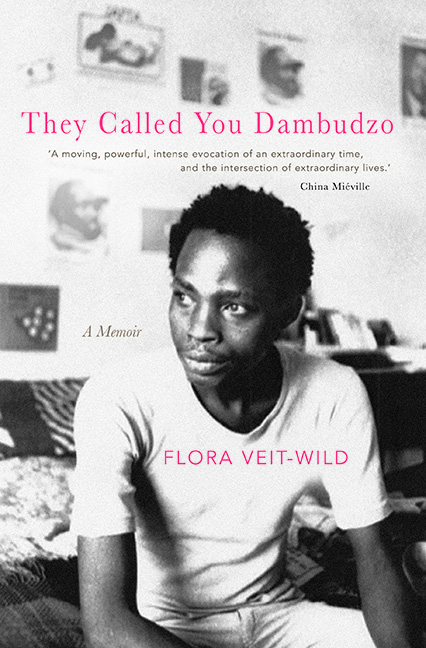The Mozambican Bogey Man
Published online by Cambridge University Press: 26 May 2022
Summary
DURING OUR FIRST WEEKS IN Harare Victor often hitchhiked to his workplace, which was on the other side of town. On top of the persisting drought, Zimbabwe was experiencing a severe shortage of petrol. Where to find fuel was the talk of the day. The newspapers were full of crisis news and images of endless lines of cars queuing at the petrol stations. Some days not a drop was available; on others the disbursement was rationed to ten or fifteen litres per car.
It was easy to hitch a lift in those days, in the general air of hope and of trust. It wasn't unusual to see big groups of people walking along the roads and, at the approach of a car, hundreds of thumbs stretching out. If it was a white man hitching, he did not even have to stretch out his thumb before a car stopped. The black ladies with heavy bags of flour on their heads and snotty-nosed babies on their backs might have to wait a while longer but they, too, would be sure to find a place on the back of a pick-up eventually.
After our first days in the Oasis Hotel, we moved to a house-sit at Danhiko School, a vocational training centre for disabled ex-combatants. It was one of the first-hour projects funded by a Norwegian aid organisation. The house, which belonged to the American director of the school, was messy and chaotic but it came with three major assets: a typewriter, a dog and a car. Our own typewriter was in the container with all our furniture which would arrive much later. And our car was in for repairs from the damage it had sustained on board the ocean liner from Bremen to Durban.
Our weekly letters to our parents, in which we reported all the details of our new life, could now be typed. Max, we told them, had recently declared that he liked blacks better than whites. He wanted to know all about their lives and why they were so much poorer than white people were. He observed how women carried heavy loads on their heads and wondered why we would often see them sitting at street corners, staring at us. His brother had different concerns: ‘Franz's main addressee is Bingo, the German Shepherd,’ we reported. ‘“Sit down! Out! Off! Eat!” are his first English words.’
- Type
- Chapter
- Information
- They Called You DambudzoA Memoir, pp. 50 - 54Publisher: Boydell & BrewerPrint publication year: 2022



